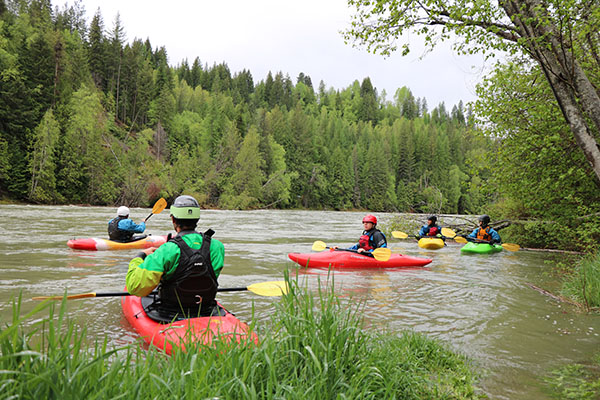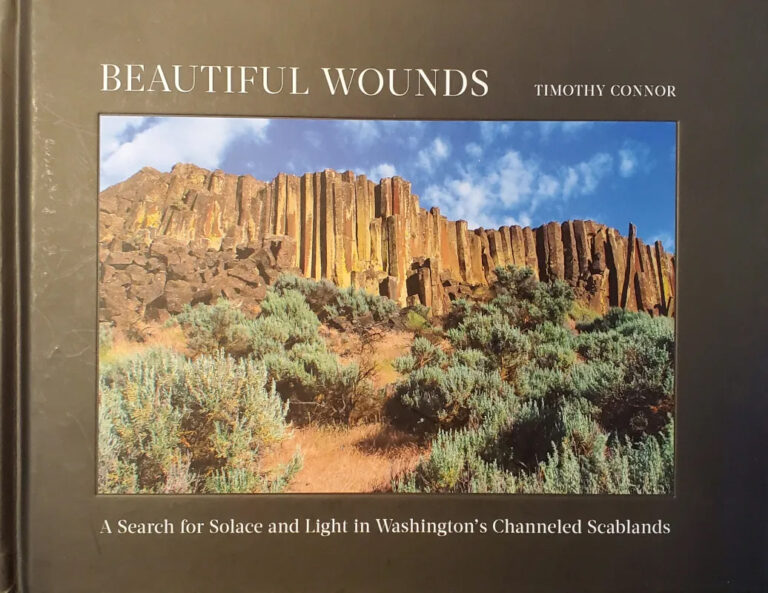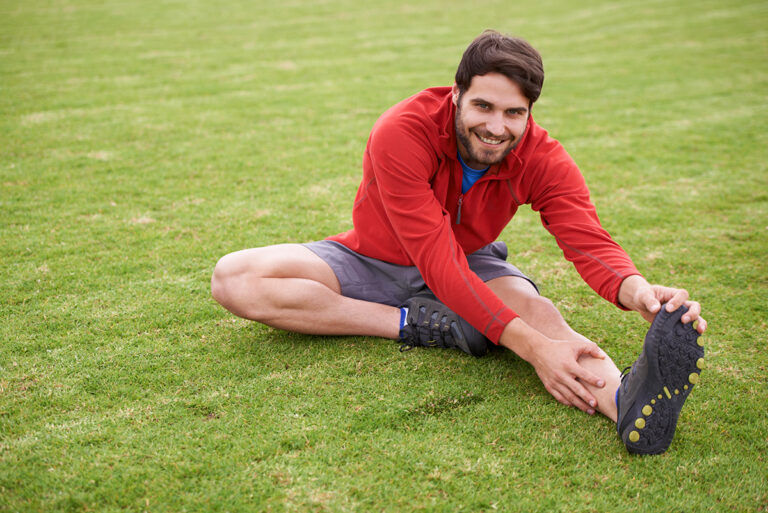“Head down! Head DOWN!” the instructor yells across the water. A head bobs out of the river just long enough to gasp for air, then disappears beneath the upside down kayak again.
“It’s important that we teach the students about risk management,” says Brian Bell. He should know. Bell has been the Program Coordinator for the Mountain Adventure Skills Training (MAST) at College of the Rockies in British Columbia pretty much since its inception. In fact, he was an integral part of it. Not surprising for a guy who takes his family on zip-lining adventures in the jungles of Laos for vacation.
The kid in the water is still upside down, but no one else seems panicked so I try not to panic either. His hands emerge and grip the bottom of his boat as he holds his breath until a fellow student approaches. They tap him with the tip of their kayak and he grabs the nose, uprighting himself and sucking in air as the cold river water streams down his face. “I have the worst brain freeze!” he says before he shakes it off and flips himself again.
The increasing demand for outdoor adventures drove the program to its success and growth, as did Bell’s recognition that the industry needed competency. That’s where the piece about risk management comes in. “Students here learn how to find their limits,” says Bell.

Those of us who enjoy the outdoors understand the need for education, whether it is about trail etiquette or wilderness first aid. In order to be successful, keep all our limbs, and steward nature, we need to educate each other and ourselves. But formalized programs that are both broad and specialized like MAST are hard to find.
The MAST program at College of the Rockies is unique for a lot of reasons. For example, it sources expert instruction for each specialty. Bell works with experienced guides and professionals to design an ever-evolving program that truly challenges and educates students. They also offer over a dozen courses, ranging from hiking to white water kayaking, and a number of internationally recognized certifications. Students graduating from the program have an arguably sexy portfolio of legitimate skills, real experience, and inherent ability.
“I hope to work my way up to being a backcountry ski guide,” says a student. Backcountry guiding in B.C. isn’t taken lightly. It’s not exactly Virginia. Like the sushi chef who started by counting grains of rice, these students are grateful for an opportunity to shovel snow in front of the lodge while learning from the pros. “It will take me years to get there, but this program is bringing me so far,” he says with a grin and a veritable sparkle in his eye.
It isn’t as though students start out as rookies. Along with a love for the great outdoors, they must work through an extensive application process and demonstrate their own ability. Pre-requisites include being a strong intermediate skier. “And they have to be able to carry a 40-pound pack for five days,” says Bell, “because that’s what we do the first week of class.”
Students come from all over the world to attend the program in Fernie, B.C., which includes a season pass to the mountain, mind you. They also come from all walks of life. From the high school graduate who hopes to work in the industry to the seasoned grownup who is launching a new career or just wants to be certifiably badass. Dan, a 51-year-old firefighter from Scotland who is graduating this spring, isn’t quite sure what he’s going to do when he grows up— except that maybe this will help him avoid growing up at all.
The certification and college hours transfer into further university programs across Canada—particularly useful for those continuing their education in the adventure industry. And at a fraction of the price that one would normally pay for all those certifications, the 9-month program offers far more. The other unsung benefit: The list of gear you’ll need to acquire for your classes. Seldom in life is acquiring a PFD and some powder skis part of student orientation. //
Mountain Adventure Skills Training (MAST) at College of the Rockies
Program website:
Cost of the program:
$9996 – $15,200 Canadian + Student Association and Technology Fees
Other costs:
- Room & board
- That wicked kit you’ll need. //
[Feature photo by Ammi Midstokke.]
.












